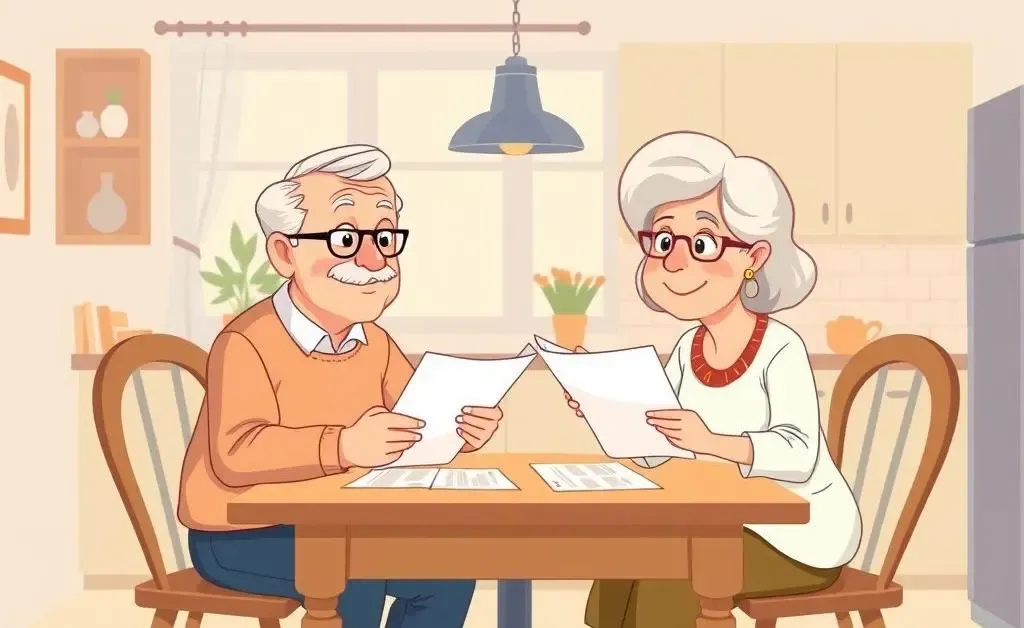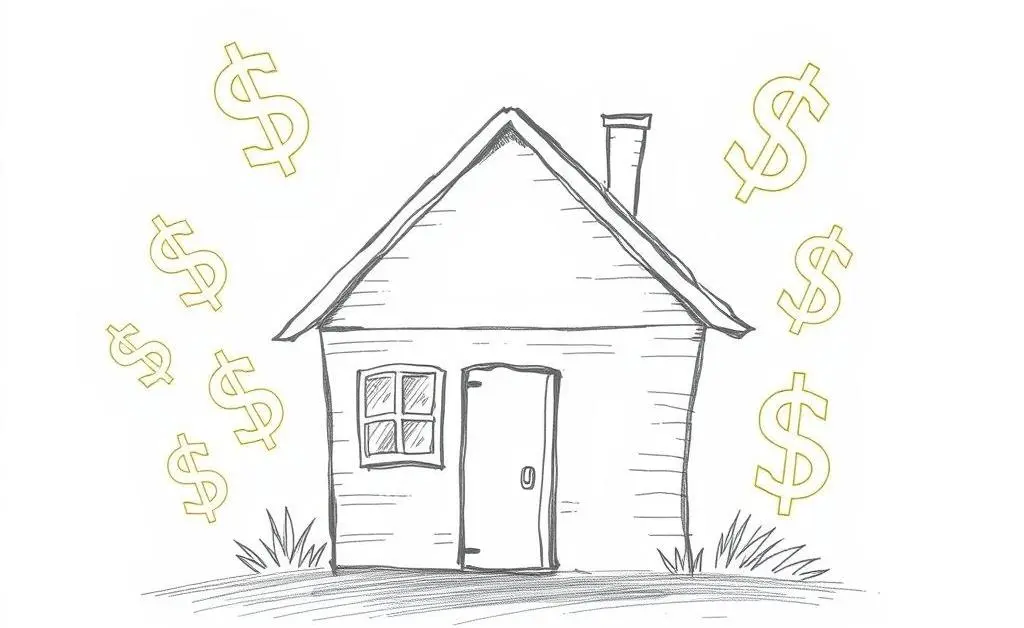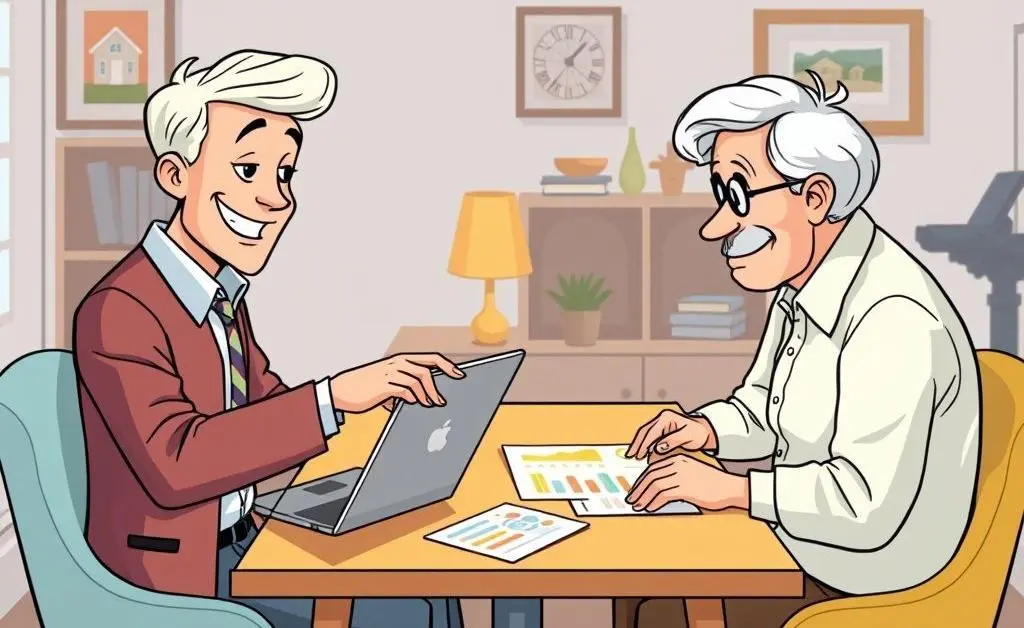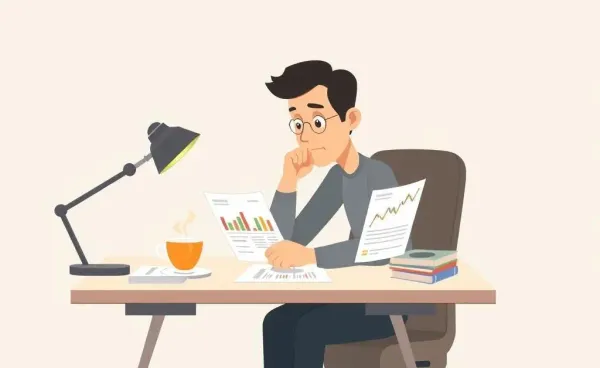Understanding Reverse Mortgages: A Friendly Guide
Unlock peace of mind with our explorative guide to reverse mortgages.

Have you ever wondered what a reverse mortgage really is and whether it might be the right choice for you or a loved one? Well, you’re not alone. I recently found myself diving into the details and was surprised at what I learned. Let's unfold this financial enigma together.
What is a Reverse Mortgage?
Simply put, a reverse mortgage is a loan option available to homeowners aged 62 or older, allowing them to convert part of their home equity into cash. Unlike a typical mortgage where you make monthly payments to a lender, in a reverse mortgage, the lender pays you. It’s like your home is gently letting you tap into its value.

How Does it Work?
Imagine your home as a treasure chest. Over the years, you’ve filled it with value (equity) by living in it and, perhaps, paying down a traditional mortgage. A reverse mortgage opens that chest a crack, allowing you to enjoy some of that treasure now, without having to sell your beloved home. The amount you can borrow depends on factors like your age, the appraised value of your home, and current interest rates.
Why Consider a Reverse Mortgage?
You might be asking, 'Why would I want to do this?' Great question. Here are a few reasons why someone might consider this option:
- Extra Income: It can provide additional funds during retirement for living expenses, healthcare, or dream pursuits.
- Stay Put: You can continue living in your beloved home while accessing its value.
- No Payment Pressures: No monthly payments are required, although you do need to cover property taxes, insurance, and maintenance.

Potential Pitfalls
Like any financial decision, reverse mortgages come with their own set of considerations. Some people might find that the associated costs, like closing costs or higher interest rates, could offset the immediate benefits. Additionally, accumulating interest means the loan balance increases over time, reducing the equity left for heirs.
Is it Right for You?
The decision to take on a reverse mortgage is a deeply personal one. I’ve found that talking through the pros and cons with a trusted financial advisor can help clarify whether it aligns with your financial goals.

In the end, a reverse mortgage can be a useful tool, providing much-needed financial liquidity in retirement while allowing you to stay in your home. But it’s important to weigh it carefully like any major life decision.
If you're considering a reverse mortgage, take the time to understand all its facets. After all, it’s about making your home equity work for you, at a pace that suits your lifestyle and financial comfort.




